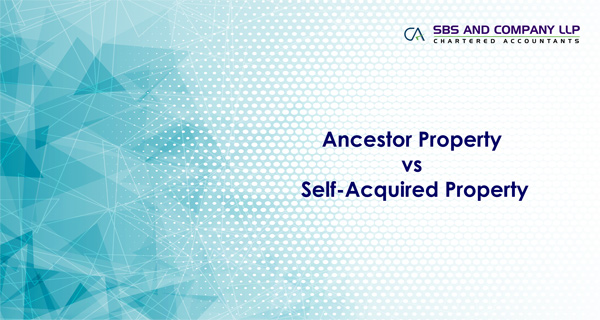- SBS AND COMPANY LLP
- Blog
- Hits: 3982
Anti Profiteering vis -a-vis Real Estate Sector - Practical Insights
Section 171 of the CT Act[1] provides for anti-profiteering measures owing to the introduction of GST laws in India. The said section was a last-minute inclusion as it was missing in the model GST laws that were released for stakeholders’ consultation. Moreover, section 171 is not exhaustive and is only an enabling section which provides for the meaning and scope of profiteering and conferred powers on Central Government for constitution of Anti-Profiteering Authority for implementation of the said section. However, there were no general or industry-specific guidelines laid down on manner in which profiteering amounts are required to be determined for pass on to customers.
In the absence of such guidelines, taking measures to avoid profiteering became very difficult and complex especially in sectors like real estate. In this article, an effort is made to bring certain practical insights of compliance with anti-profiteering measures to be undertaken by builders in real estate sector and position laid down several rulings pronounced by National Anti-Profiteering Authority.
Read more: Anti Profiteering vis -a-vis Real Estate Sector - Practical Insights



-Significance-of-phrase-Term.jpg)




